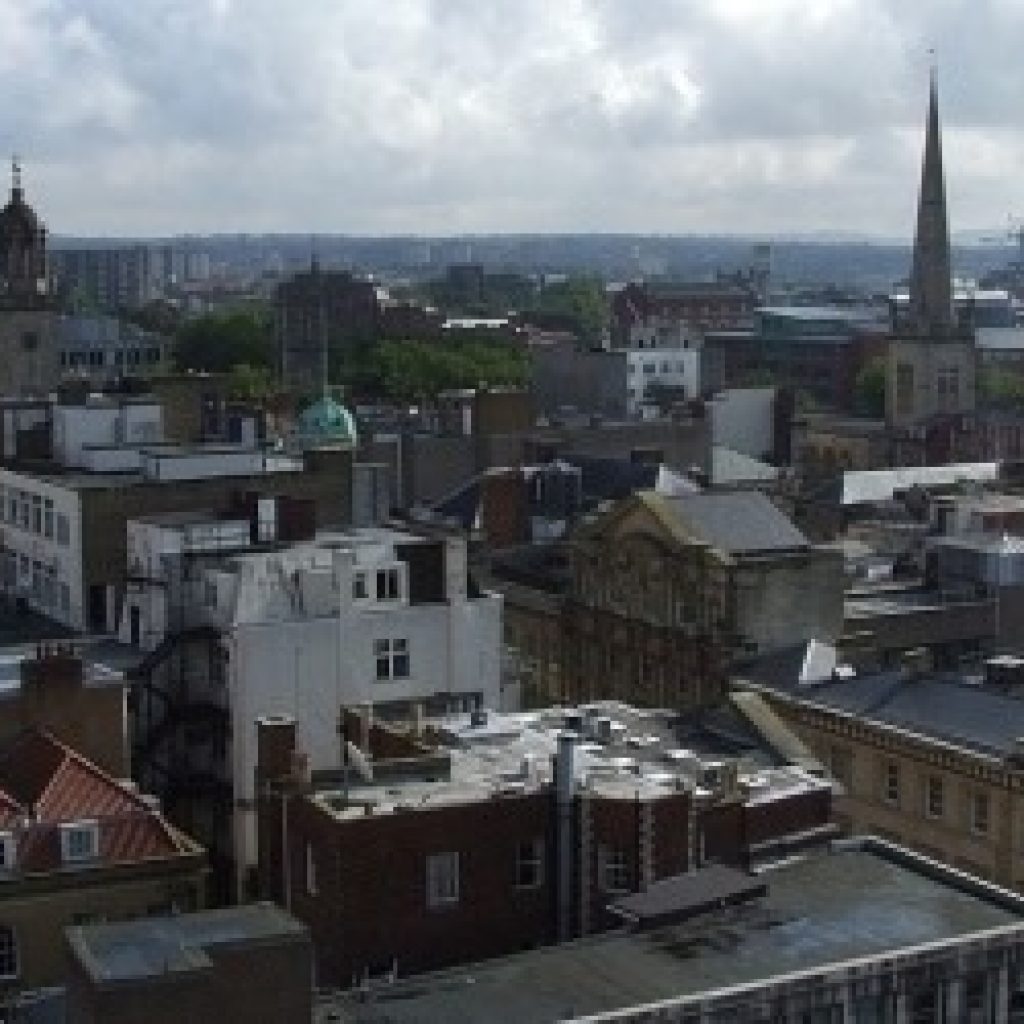(Inverse.com) A new network developed by an international team sets a path to make a dream come true: an entire city operating through quantum communication. The group led by University of Bristol has described it as a “trusted node–free eight-user metropolitan quantum communication network”.
Quantum key distribution (QKD) brings the power of quantum computing to communication, using the unique properties of quantum physics to make an unhackable system. But superpositions come with a fascinating qualification: they fall apart if directly observed. If a scientist tried to directly observe quantum superposition, it would fall apart into two separate positions again.
In QKD, those photons are sent through a quantum channel with a secret key that can be used to decrypt the message. Until now, it had only been possible between two users.
Two to eight might seem like a long way to go until QKD is ready to handle a city’s communications, and it is. But Dr. Siddarth Joshi, who headed the project at the University of Bristol’s Quantum Engineering Technology (QET) Labs, says in a press statement that the jump “represents a massive breakthrough and makes the quantum internet a much more realistic proposition.”
Dr. Siddarth Joshi stressed, “Our solution is scalable, relatively cheap and, most important of all, impregnable.”
Dr. Joshi estimates that his team’s QKD process could be rolled out in a city as big as London, with nearly 9 million people, within 20 years. Half of that timeframe is not because of the technology itself, but because of the lack of fiber optic infrastructure in homes. If fiber optic technology was widely available for all citizens, “then it would take about 10 years,” he says.
If the technology was instead applied to a widespread venture, like connecting ATM machines to their home banks, than Dr. Joshi again knocks down the timeline to “as little as 5-6 years.” Considering that there are over 80,000 ATM machines vulnerable to hacking in the United States alone, the change would mark a huge security upgrade.
Successful Node-Free, Eight-User Metropolitan Quantum Communication Network Announced
